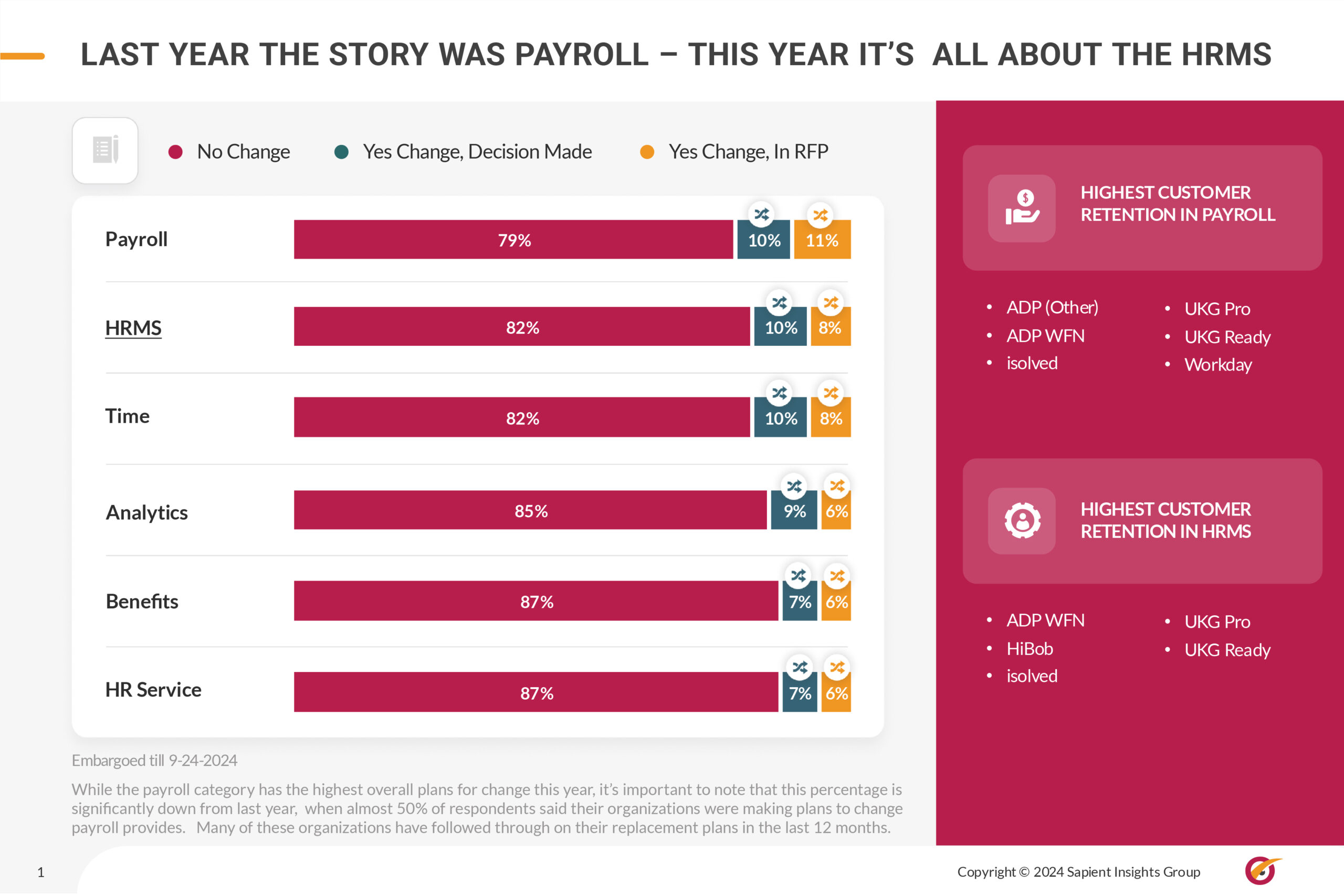Is flexibility the solution for the future workplace?
- Josephine Tan

With the pandemic changing the way organisations are structured and operated, FWAs and working from home (WFH) represent the future of work, said Datuk Dr Syed Hussain Syed Husman, President of the Malaysian Employers Federation (MEF).
However, because FWA is still a new concept for employers in Malaysia, he urged the government to provide more support for employers to adopt and sustain FWA practices.
This includes conducting FWA awareness programmes to educate employers about FWAs and how such arrangements can help them attract and retain employees and meet their business needs. There should also be more discussions about, and sharing of, the best practices of FWA implementation to benefit both employees and employers, Syed Hussain added.
Specifically, he suggested that the Employment Act 1995 should include provisions pertaining to FWAs, as well as providing flexibility and relaxing regulatory requirements that may affect the ability of organisations to implement FWAs.
“HR and heads of department must also be equipped with the knowledge to develop FWA policies that define eligibility, expectations and responsibilities.”
READ: Employees seek more flexibility in work and careers
He cited a report published by the International Labour Organisation, which concluded that FWAs improve productivity and business performance, and facilitate employee autonomy and loyalty. Conversely, organisations that place restrictions on flexibility face increased costs, including staff turnover.
“Each organisation or industry must look at its requirements and design FWAs or WFH to suit its needs. But FWAs and WFH are here to stay, and all stakeholders must look into these arrangements to meet the needs of today’s younger generation,” Syed Hussein concluded, reported The Star.






